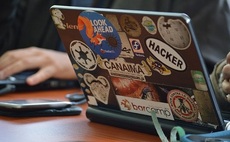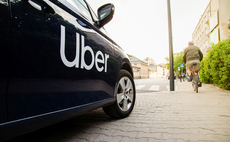Ruling will effect not just the 40,000 UK Uber drivers but 'all workers in the so-called gig economy'
The future of the casualised 'gig economy' in the UK is in doubt as London employment tribunal judges ruled on Friday that Uber drivers should be classed as employees rather than self-employed and ...
To continue reading this article...
Join Computing
- Unlimited access to real-time news, analysis and opinion from the technology industry
- Receive important and breaking news in our daily newsletter
- Be the first to hear about our events and awards programmes
- Join live member only interviews with IT leaders at the ‘IT Lounge’; your chance to ask your burning tech questions and have them answered
- Access to the Computing Delta hub providing market intelligence and research
- Receive our members-only newsletter with exclusive opinion pieces from senior IT Leaders






















